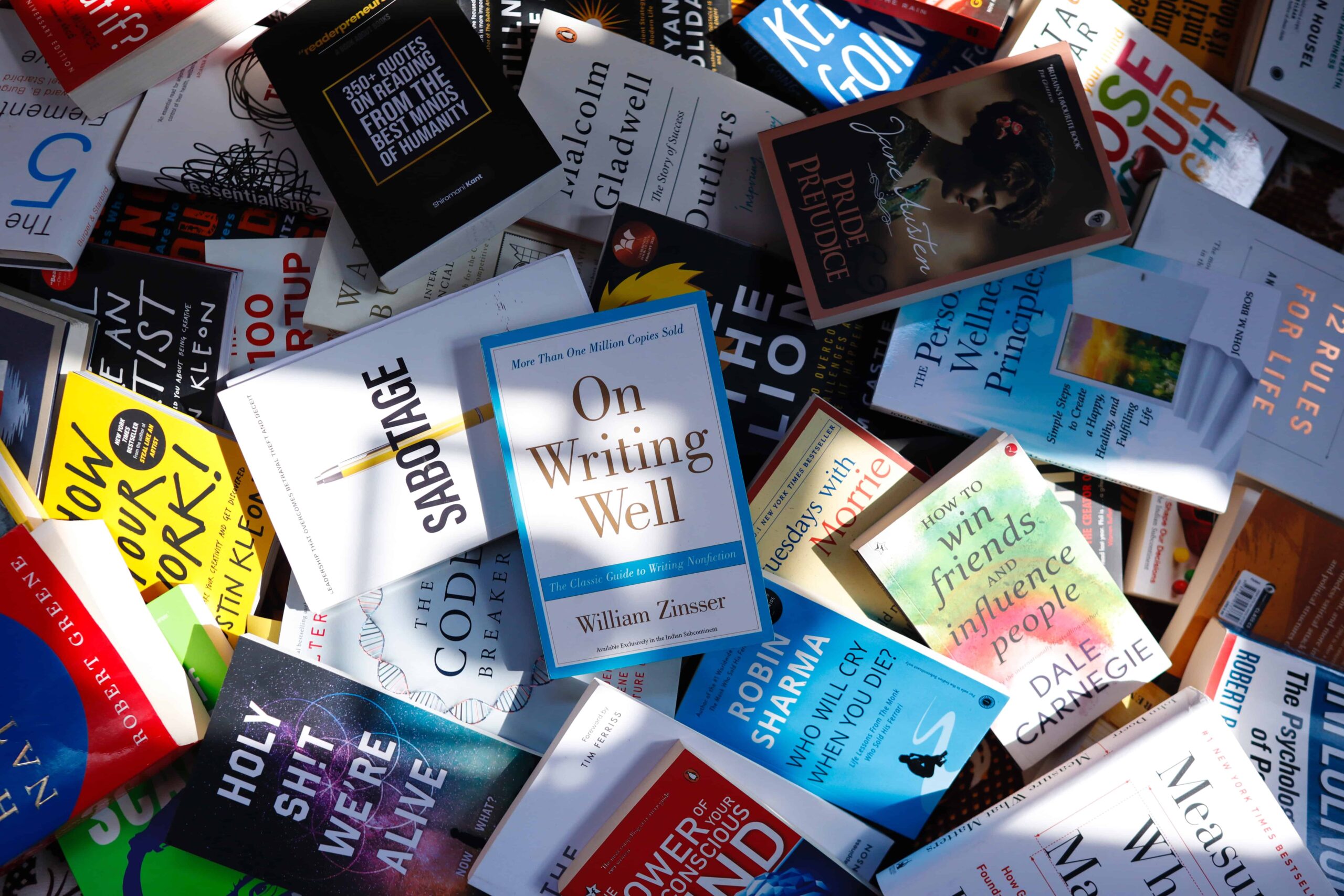Irrespective of where you are in your leadership journey, most people would agree that self-improvement is a journey that should be life-long.
Whether it’s working on your professional or personal development, the following five books should be on your bookshelf if you want to improve your leadership skills in 2023:
1. The Leader’s Playlist by Susan Drumm
Consider how music already influences your life. It can help you get pumped before a workout or relax during a trip to the spa. Different music has varied effects on our brains, and choosing the right song for an occasion can make it all the more impactful. Think about the first song a couple dances to at their wedding. The power of music can bring back memories, but it can affect the way you lead as well.
In The Leader’s Playlist, Drumm lets us in on a neuroscience-based leadership coaching process that she has used for years. Drumm teaches an approach that isn’t simply about how to use music to shift your state energetically, but rather how to use music to interrupt old, deep-seated patterning and build new, more enlightened neural pathways that will serve you and impact everyone around you.
Her approach starts with identifying experiences that define you as a person and leader. Then, she reveals a seven-step process you can use–and that she has helped her clients use successfully–to reimagine and rebuild your leadership playlist by utilizing the power of music. The end result is an empowering, powerful mental toolkit that quiets those feelings of inadequacy or frustration with others and steels you to meet whatever challenges the future brings.
2. The Mountain Is You by Brianna Wiest
The Mountain Is You is as much about personal development as professional development. Of course, in an age of always-on (and often at-home) work, our personal and professional selves are increasingly inextricable.
Brianna Wiest explores the self-sabotaging behaviours that hold us back from reaching our true potential. We’re conditioned to focus on external challenges, she says, but that’s due to misplaced priorities. We need to first look inward and be radically, brutally honest about our circumstances. Only after challenging those circumstances head-on–climbing our own personal mountains–are we ready to look outward.
Wiest is realistic. The Mountain Is You is best approached as an exercise in harm reduction rather than a recipe for perfection. Even if you never reach the top of your mountain, you’ll gain grace, resilience, and introspection that define modern leadership as you climb.
3. What Got You Here Won’t Get You There by Marshall Goldsmith
While The Mountain Is You tackles the big-picture behaviours that hold us back, What Got You Here Won’t Get You There drills down into the details. These are subtle, often overlooked habits and tics that affect our standing and shape public perceptions of us.
Marshall Goldsmith writes for leaders who’ve already achieved conventional success. It’s less of a guide to overcoming imposter syndrome than a manual for incremental self-improvement. Unlearning little habits that served us well–until they didn’t–is difficult, long-term work, but it’s critical for those of us who want just a little bit more from our careers.
4. The Art of Being Indispensable at Work by Bruce Tulgan
Making yourself indispensable is well-worn professional advice. More often, it’s directed at junior and mid-level professionals who still have names to make and who don’t always feel secure in their positions.
But indispensability is arguably even more important for senior managers and executives responsible for steering teams and organizations in an increasingly uncertain and volatile world.
In The Art of Being Indispensable at Work, Bruce Tulgan explores the common attributes of indispensable people at every level. He shows how they use their influence in unexpected ways. This includes when (and how) people say no or not yet and the unique leadership strategies they employ–including leading up when they’re not the ultimate decision-maker.
As you read, you’ll rethink everything you thought you knew about your position. And you’ll understand like never before how to maximize it for everyone’s benefit.
5. Dare to Lead by Bren Brown
Bren Brown’s Dare to Lead anticipates a world where leaders must fight to separate themselves from the processes and algorithms responsible for an ever-growing share of their organizations’ output. That world is coming sooner than we’d like, and we need to be ready.
Brown identifies the soft skills that serve leaders well in the new normal, like empathy, courage, and connection. She cautions against power-hoarding and a scarcity mindset in general, arguing persuasively that leaders are better (and their teams are stronger) when they admit they don’t have all the answers or influence.
In the end, she provides leaders eager to change with the times with the tools to do just that. There’s no sugarcoating what’s ahead–nor shrinking from it.







